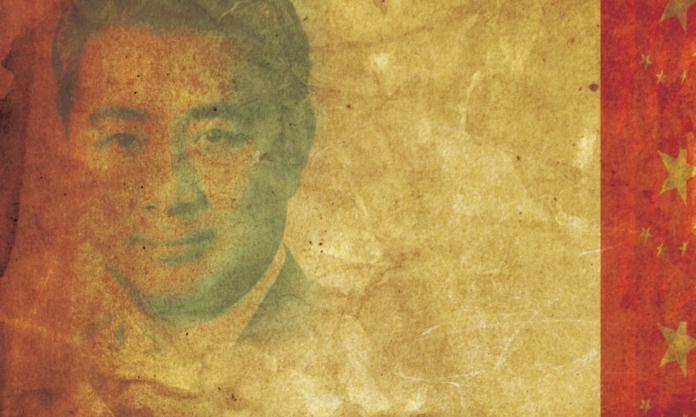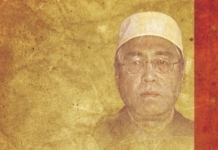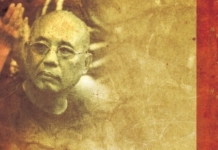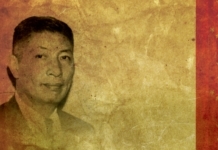Sir Harry Fang Sin-yang (方心讓), GBM, CBE, JP, had a list of titles as long as your arm. An orthopedic surgeon widely known as the “father of rehabilitation” and a champion of those with mobility issues, he rose to very briefly become a de facto leader of Hong Kong.
Born in Nanjing on 2 August, 1923, Fang’s ancestral home was also not far away, in Shouxian County of neighbouring Anhui Province. His father an army general, Fang’s family moved to Shanghai when he was 8 and then to Hong Kong in 1938.
Fang then enrolled in King’s College, Hong Kong, and soon learned Cantonese and English. At the age of 17, he received an early enrollment to the University of Hong Kong to study medicine.
But coming from a family of limited means, Fang had nowhere to stay. Enter a priest in the University, who helped Fang convert a larder into his own single-person dormitory.
He was to come close to dying just a year later. When the Pacific War broke out in 1941, the Japanese army invaded Hong Kong and Fang played his part, but was shot.
Graduating in 1949, Fang served as assistant lecturer in surgery at the University from 1950 to 1952, before receiving a UK government grant to study in Liverpool. He returned as an orthopaedic specialist, a skill very much lacking in Hong Kong at the time.
This put Fang in an important position, enabling him to use such new-found status to further the cause for rehabilitation.
Among those many titles which Fang received were President of the Hong Kong Branch of the British Medical Association, Chairman of the Student Health Services Committee and Chairman of the Hong Kong Jockey Association.
But then the government came calling.
In Hong Kong under the British prior to 1997, the term, “Senior Chinese Unofficial Member” referred to the highest-ranking ethnically Chinese member of the territory’s Legislative Council and Executive Council.
Fang served as Member of the Legislative Council of Hong Kong between 1974 and 1985, and was Member of the Executive Council between 1979 and 1983.
During these years, Hong Kong’s taxi drivers went on strike. With the Governor in London, together with other top Members of the Council, Fang became briefly the Territory’s most senior Member, meaning he had to personally deal with the taxi drivers.
But his most significant recognition was even still yet to come.
Fang received a knighthood in 1996 in the form of Commander of the Most Excellent Order of the British Empire (CBE), and was awarded the Grand Bauhinia Medal (GBM), named after the Hong Kong flower, in 2001 to commend his contributions to public welfare, social and rehabilitation affairs. That year, he was one of only three people to receive the award that is the highest in the honours and awards system of the Hong Kong Special Administrative Region.
Fang passed away on 24 August, 2009, as a result of complications from a stroke.












